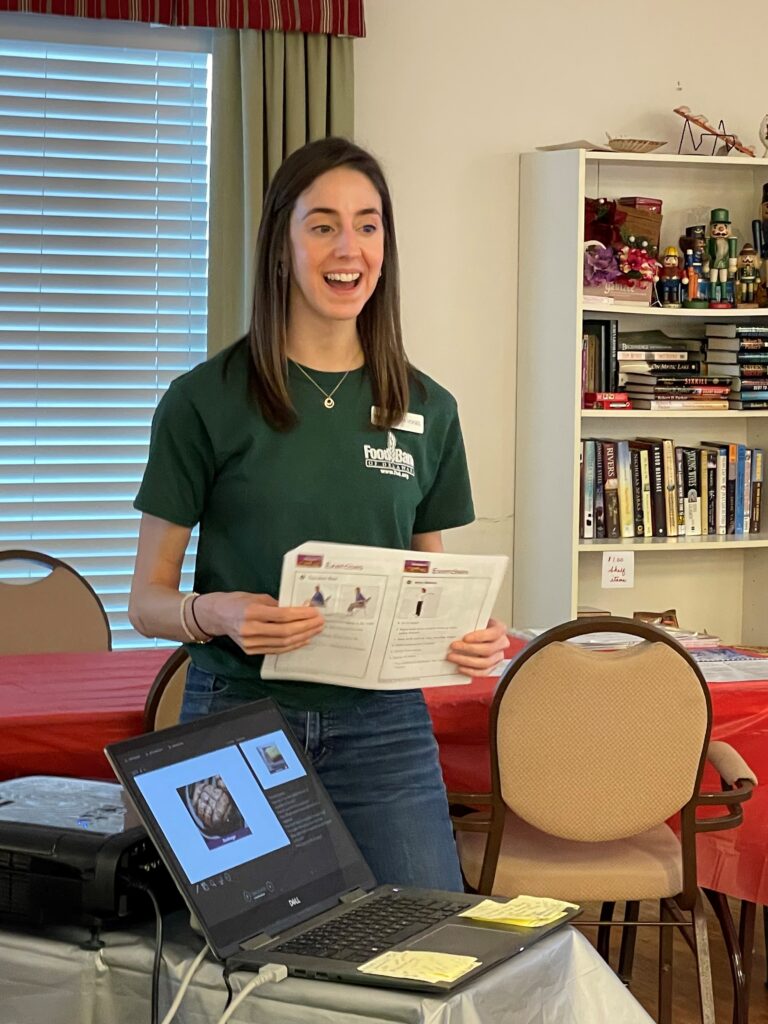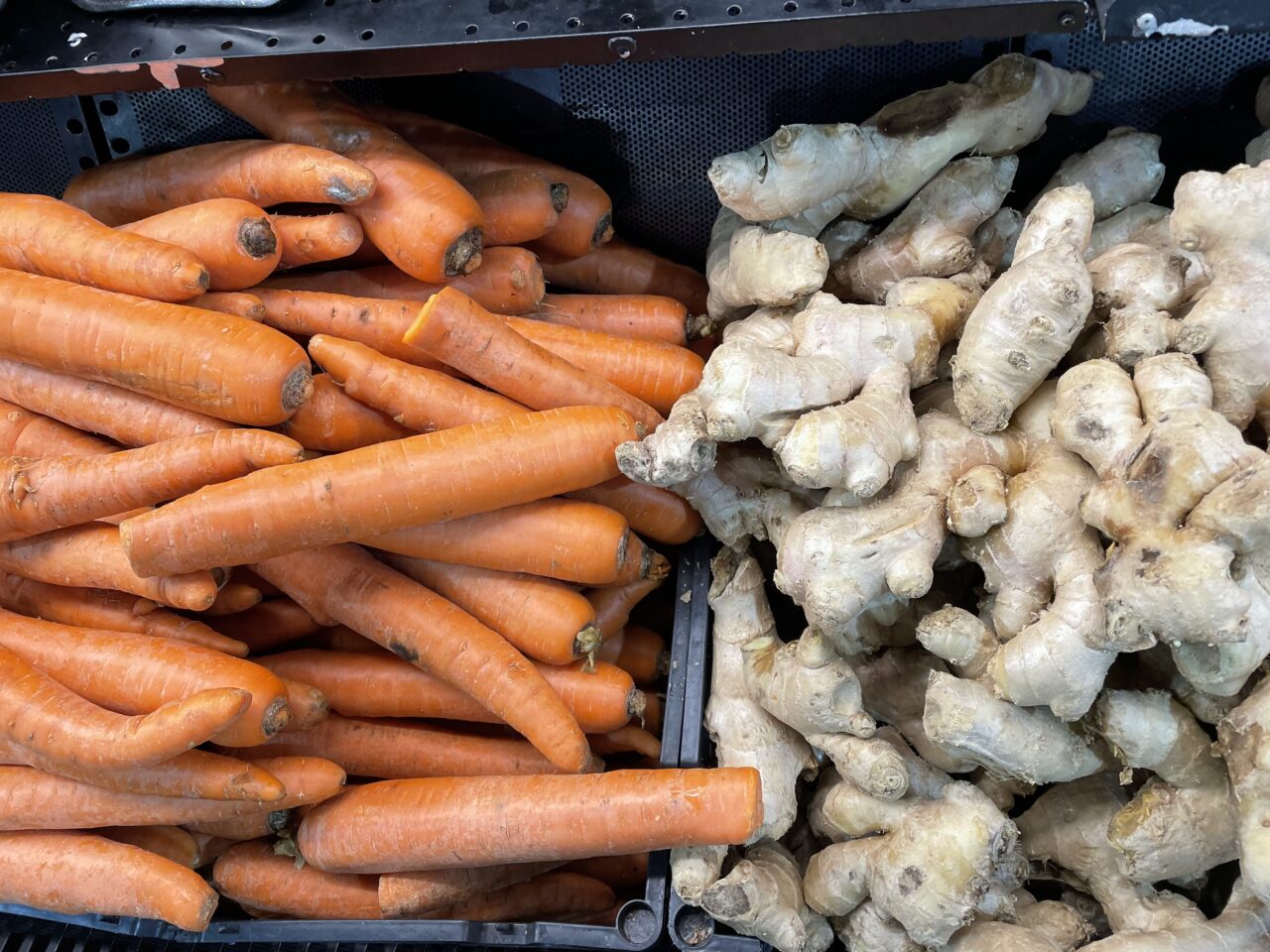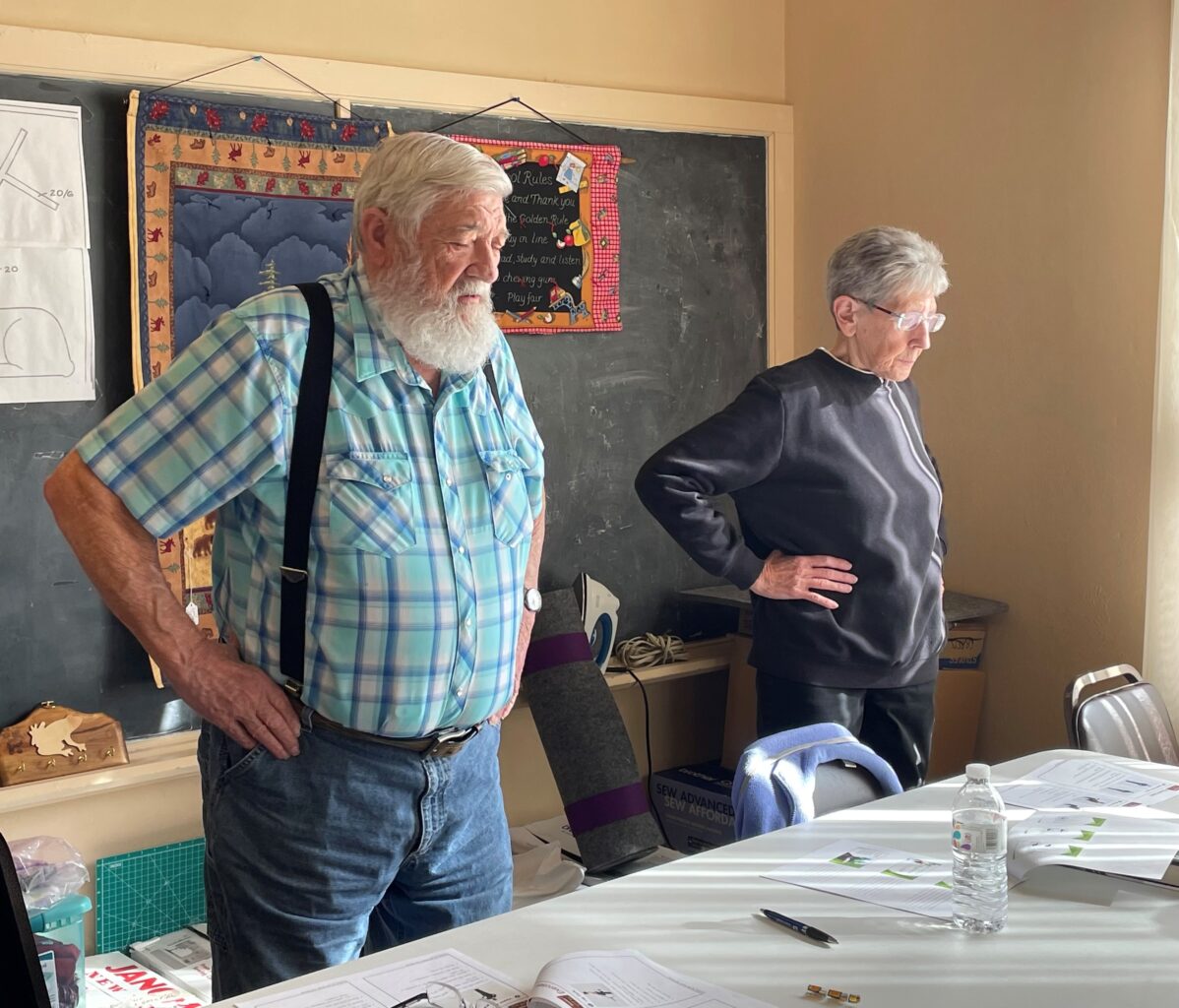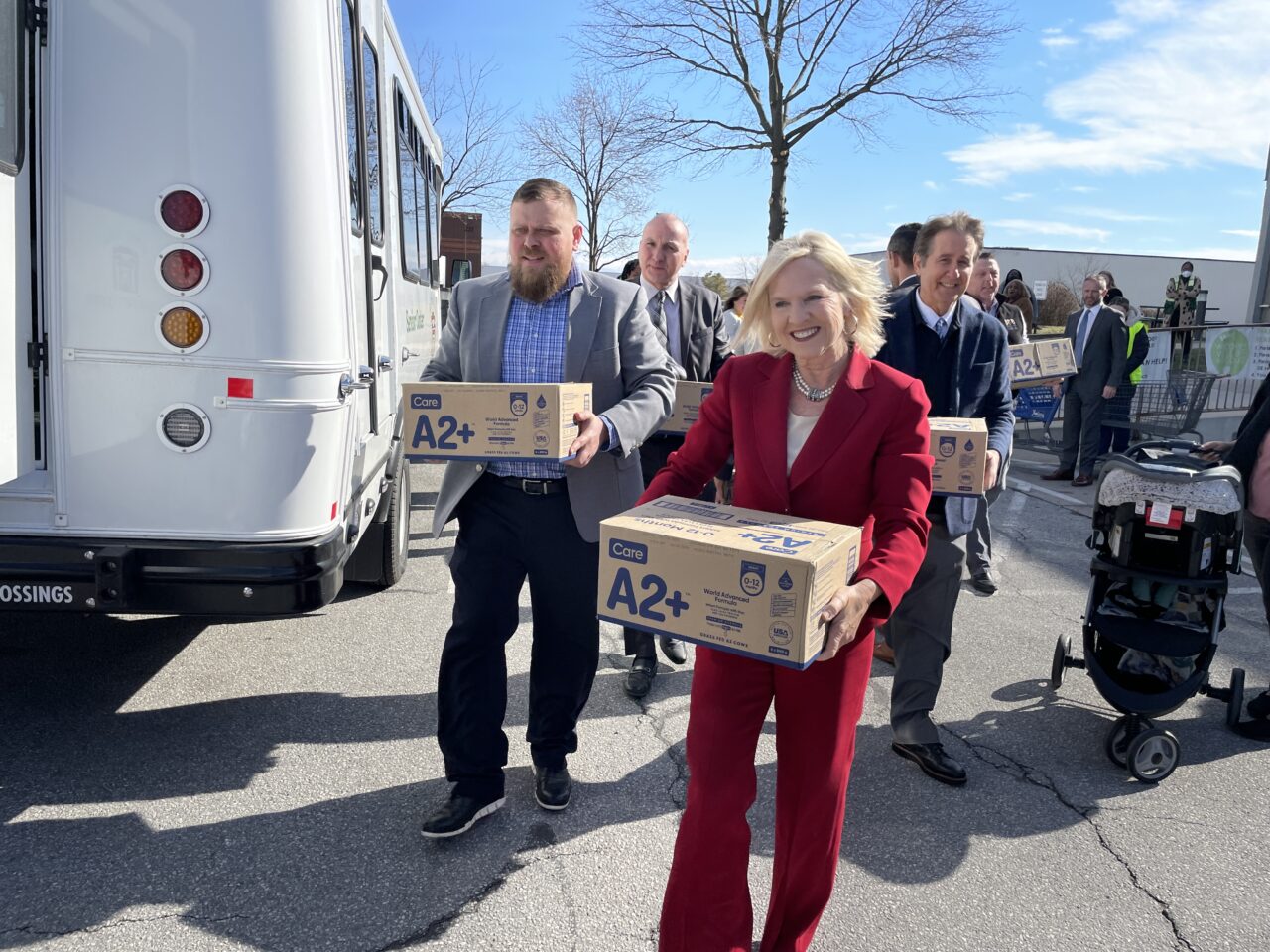Canned food safety
February 22, 2022
By Alicia Vogel, MA, BS, Community Nutrition Educator – SNAP Ed
As the final week of our series for National Canned Food Month concludes, we would like to pass on some useful tips regarding canned food safety. Knowledge is power and knowing what to look for can help determine if canned food is safe to eat.
Selecting Canned Foods
Be sure to select canned foods that are tightly sealed and do not have any leaks. Do not select cans that are heavily rusted, swollen, or extremely dented. Safely discard any heavily rusted cans and do not eat any canned food that is opened and has rust on the inside. If a canned food has a small dent, but is otherwise fine, the food is safe to eat. Safely discard any deeply dented cans. A deeply dented can is one that you can lay a finger into. It is also important to remember that prior to using canned foods you need to clean the tops of the cans so they do not become contaminated with bacteria.
Storing Canned Foods
To store canned food wisely, store them in a cool, dry place where temperatures are between 50-70˚F, but not freezing. Do not store in places exposed to excessive moisture such as above the stove or below the sink. Follow the shelf-stable food storage chart to safely store your canned foods. DO NOT store canned foods in their can once opened. Store in a separate container.
| Food Item | Storage time on shelf | Storage time after opening |
| Canned ham | 2-5 years | 3-4 days in the refrigerator |
| Low-acid canned foods (ie canned meat, poultry, stews, soups, corn, carrots, spinach, beans, beets, peas, pumpkin | 2-5 years | 3-4 days in the refrigerator |
| High-acid canned foods (ie juices, apples and apple products, mixed fruit, peaches, pears, plums, all berries, pickles and sauerkraut | 12-18 months | 5-7 days in the refrigerator |
Foods stored longer will be safe to eat if the cans do not show signs of spoilage or damage. However, those canned foods may lose their color, flavor and nutritional value.
If you are an organization that provides programs and services to low- income individuals and families, SNAP-Ed classes and programs can be a tool for your clients. Please contact us to schedule a program!
New Castle County
Jaime Sherman, MS, LDN
Community Nutrition Educator-SNAP-Ed
jsherman@fbd.org
Kent/Sussex County
Alicia Vogel, MA, BS
Community Nutrition Educator-SNAP-Ed
avogel@fbd.org
Sources:










